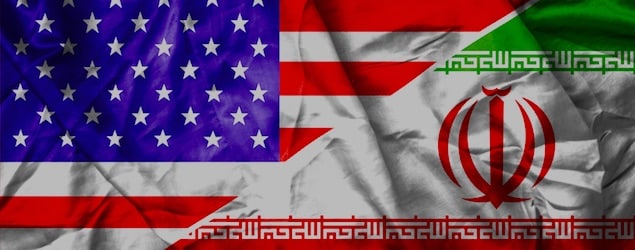How to understand America’s deal with Iran

A little more than a week ago, the Obama administration reached a historic agreement with the Islamic Republic of Iran over its nuclear program. How should we evaluate this deal? ARI’s Elan Journo argues not only that this is a “bad deal,” but also that it’s irrational to negotiate with Iran. Why?
For decades Iran has been at war with us, but our intellectual and political leaders pretend otherwise. Tehran is a leader of the Islamist movement, the cause animating al Qaeda, the Taliban, the Muslim Brotherhood and kindred groups. It’s a regime that tramples on the rights of its own citizens, and it seeks to kill and subjugate beyond its borders. Through subcontractors like Hezbollah, Iran has committed many acts of aggression against the United States and other Western interests, going back three decades. Iran was behind the 1983 bombings of the U.S. Embassy in Lebanon and later bombed the barracks of U.S. Marines, killing 241. In Iraq, Iran supported insurgents who murdered American troops. It is aiding the Taliban in Afghanistan, and it has supplied weapons and rockets to Hamas in Gaza. Simply inviting it to the negotiating table is to confer on Iran an undeserved legitimacy.
Why, then, did we end up pursuing such a deal? Elan’s post analyzing Obama’s case for diplomacy exposes the false alternative at the core of that policy. ARI’s Distinguished Fellow, Peter Schwartz, also sheds light on that question, over at The Huffington Post:
What explains this ineffectual strategy for dealing with America’s enemies? Our acceptance of a code of ethics, taught to us all from childhood, which regards self-interest as morally wrong. It is a code — the code of altruism — which demands that the strong sacrifice for the weak.
Make sure to read Peter’s article here.









